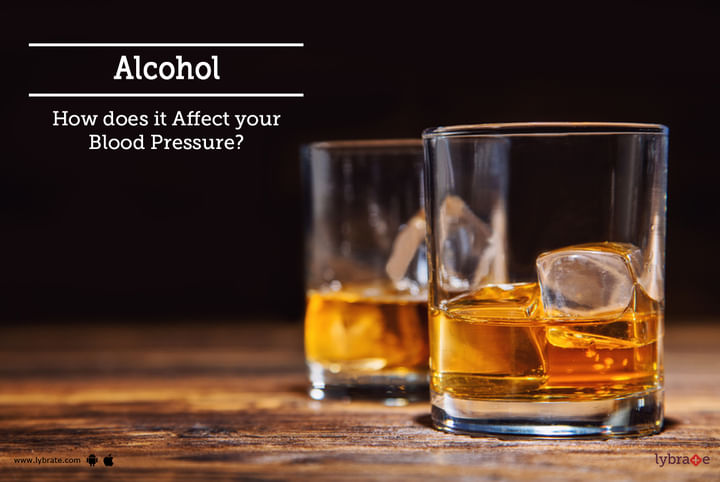Alcohol - How does it affect your blood pressure?
One of the factors that can contribute to high blood pressure is alcohol consumption. In fact, if you drink too much then your chances of developing high blood pressure can increase manifold.
How does alcohol impact blood pressure?
When you consume a single alcoholic drink then there is an instant rise in your blood pressure. However, this increase subsides in about 2-3 hours. This is why it is recommended that daily alcoholic drinks should be limited to 2 for men and 1 for women.
Several studies have concluded that when you continue drinking alcohol for several days then there is a sustained rise in blood pressure. This is why consistently binge drinking can result in chronic high blood pressure – a risk factor of coronary artery disease. Too much drinking can cause plaque to accumulate in the arteries and cause them to become narrow.
Alcohol also contains sugar and is high in calories. This can increase your body weight, which is a risk factor for high blood pressure. Obesity is also linked with atherosclerosis.
How do you combat alcohol-related hypertension?
The first step is to get your drinking within the prescribed limits. A few more tips to reduce alcohol-related hypertension are –
-
Men below 65 years of age should stick to two drinks per day with two completely sober days every week.
-
Men older than 65 should stick to one drink per day with four sober days a week.
-
Women regardless of their age should stick to less than a drink daily and keep two sober days in a week.
Those people who are heavily dependent on alcohol can experience a short-term rise in blood pressure when they quit abruptly. The excessive dependence on alcohol is known as alcohol use disorder (AUD). A person can be said to be suffering from AUD when he or she fails to control alcohol use, is a compulsive drinker, and experiences emotional fluctuations when not drinking.
Alcohol withdrawal symptoms not only include a rise in blood pressure, but it can also lead to other life-threatening symptoms. This is why it is recommended to undergo a supervised alcohol detox under the guidance of an expert.


+1.svg)
